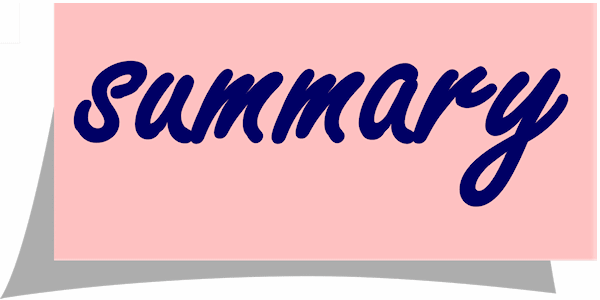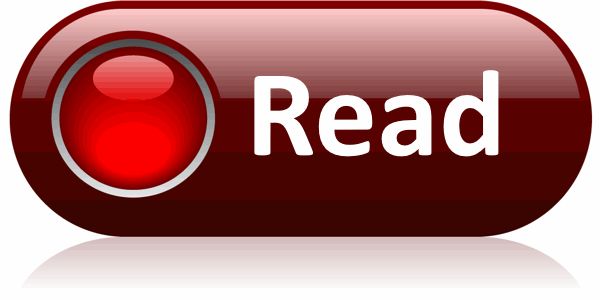By Mike Loughrin, CEO for Transformance Advisors
Are You Real?
I hosted a panel discussion at a conference in Dallas. The discussion explored what it takes for a real Lean Transformation and how many organizations are missing the mark with what we call “faux lean”.
The panel featured three of the world’s best Lean practitioners. Each panelist addressed what they know in terms of real Lean, as practiced by the leading organizations. They also shared their insights into faux lean, which is often characterized by the practices of the laggards.
The following challenges are samples of what individuals shared with our team and and were addressed during the panel discussion.
The Panelists
Mike Walsh
Founder
QSG_Lean Sigma Associates
Michael Ford
Principle
TQM Works Consulting
Mark Lindberg
Vice President
Transformance Advisors
Challenge 1
“As the executive sponsor for a number of Lean projects, I know that I should track the accomplishments for each project team. However, I must confess that I’m not really sure how to probe my team to evaluate the effectiveness of their value steam mapping activities. Can you provide some tips of the trade?”
– KF, San Francisco
Suggestions
Quizzing your team is a critical aspect of evaluating the value stream mapping activities of your Lean projects. Some tips of the trade include:
- Focus on the start and finish of the current state value stream map. What triggers the start in terms of information or materials? What constitutes the finish and what is provided to the customer of the value stream? These boundaries are critical for ensuring your team has the correct scope and you are comfortable with their understanding of the challenge.
- Take a quick count of the number of activities on the current state map. My rule of thumb is 6 to 8 activities suggest the map is at the right level of detail. Fewer activities suggest the scope is too small or the team has not gotten to the level of detail where waste has been clearly identified.
- For a current state map, ask numerous questions about what happens when there is defective information or materials at any point in the value stream. If the problems with defects are not clearly identified, then send your team back to the drawing board. I have done this numerous times with my teams as a map that does not identify the waste indicates the team is not ready for the next step.
- For a future state map, ask numerous questions about how the new methods will address the waste identified in the current state map. Also probe the team to ensure they have investigated best practices and are recommending a solution which leverages knowledge gained by exploring what others are doing. Be very skeptical of recommendations that call for complete automation through big investments in software or other technology.

Challenge 2
“We have several Lean “experts” at our company. They gained their experience at other companies and each expert seems to be using a different cookbook. This is causing confusion and wasted efforts. What do you suggest?”
– HT, Los Angeles
Suggestions
Your situation is very common and it is critical for your company to teach everyone that Lean is the systematic elimination of waste. The key term is systematic and you must get your Lean experts using the same approach or chaos is inevitable. Some suggestions:
- Be consistent in the description of the basic concepts you will leverage. It’s the 5S System, not the 6S Program. Follow the correct actions during each step of PDCA. I saw how one charlatan said the C in PDCA was to close the project (before you event Act). The list of variations goes on and on. You must be consistent.
- You should document the standards your company will follow. At a minimum, you need consistent approaches such as the number of steps for value stream mapping, the format of standard operating procedures, and a number of other standard methodologies in the Lean tool kit.
- Your Lean experts should all take a refresher course which aligns with what your organization is doing. It’s not an issue of different approaches being wrong; it’s the issue of confusing the message and wasting time during your kaizen blitz events.

Challenge 3
“My boss seems content to simply discuss our Lean efforts during 10 minutes of his weekly staff meeting. This has led to a situation where all of our improvements are internally focused and we are not attacking any cross functional opportunities. What should I do?”
– SS, Baltimore
Suggestions
Many Lean programs become narrowly focused when there is a lack of leadership or when serious attention is not taken during development of the project charter. Some thoughts for you to consider:
- Be cautious when your boss seems leery of going after those big cross functional opportunities. Is it your boss, or does someone else, higher up the chain, have other priorities? Are these other priorities more important than taking on those big cross functional opportunities?
- Schedule a one-on-one with your boss and seek clarification on why there is a low emphasis on Lean efforts. What are the challenges your boss has to deal with and how can you help?
- Gather information on some significant opportunities and craft a discussion on how significant improvements can be made by leveraging Lean concepts which focus on the systematic elimination of waste. Show some passion and let your boss know you are hungry to work on an improvement which will deliver big results.
- Many organizations have a history of not working on value streams which cross functional boundaries. Find a way to work with your colleagues in other functional silos to create a project charter which shows the significant benefits you could achieve with a cross functional improvement project.

Summary
This is just a sampling of the types of challenges Mark Lindberg, Michael Ford, and Mike Walsh addressed during the panel discussion.
They hit their goal to help participants:
- Learn what the leaders are doing to create sustainable organizations
- Understand how chaotic cost cutting efforts by the laggards does not lead to success
- Get answers to the toughest challenges facing their Lean Transformation

Mike Loughrin is the CEO and Founder of Transformance Advisors. He also teaches for Louisiana State University Shreveport and is on the board of directors for the Association for Supply Chain Management Northern Colorado.
Mike brings exceptional experience in industry, consulting services, and education. Mike has helped organizations such as Levi Strauss, Warner Home Video, Lexmark, and Sweetheart Cup.
Keeping a commitment to a balanced life, Mike loves downhill skiing, bicycle rides, and hiking in the mountains. See one of his trails of the month at: Little Switzerland.
What is Lean?
5 Horrors of Lean
Lean Leaders vs. Laggards
What is Lean Transformation?
Manager or Leader: Which are You?
Subscribe to our newsletter
References
Organizational Improvement Acronyms by Transformance Advisors
Organizational Improvement Definitions by Transformance Advisors

